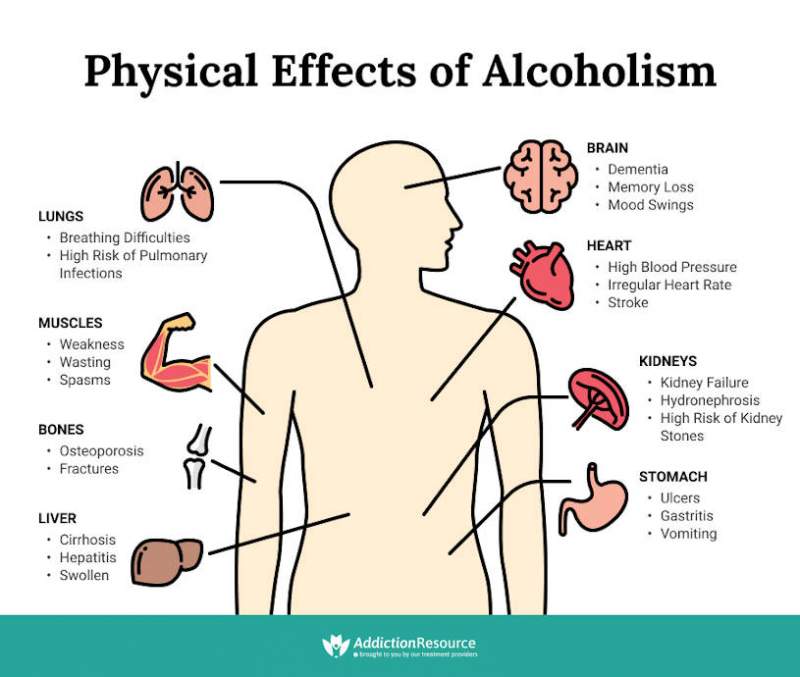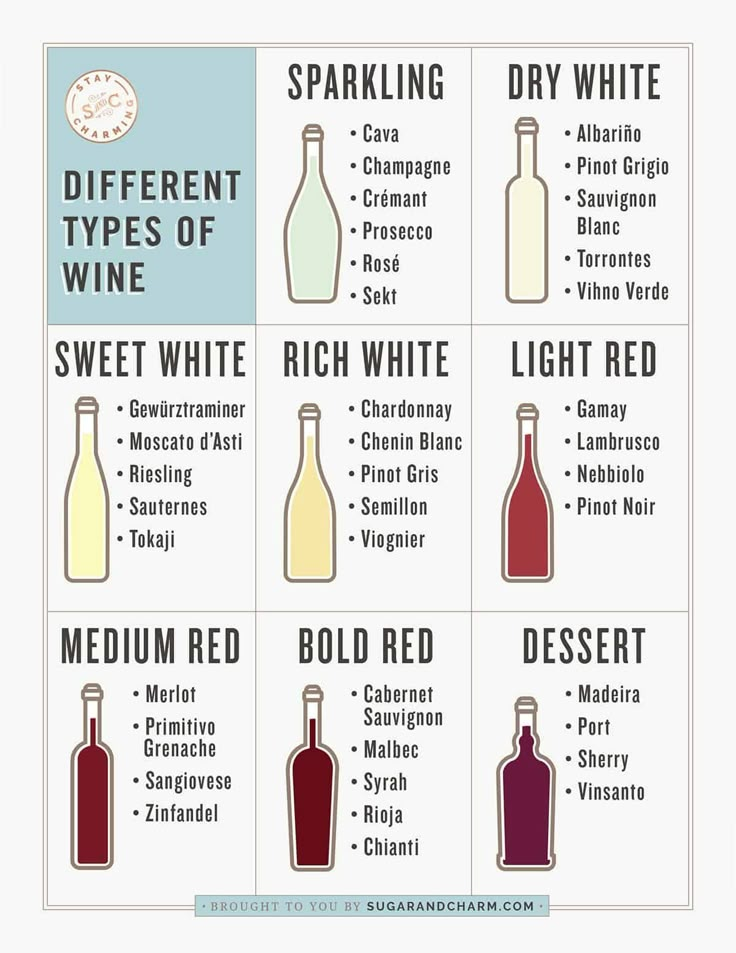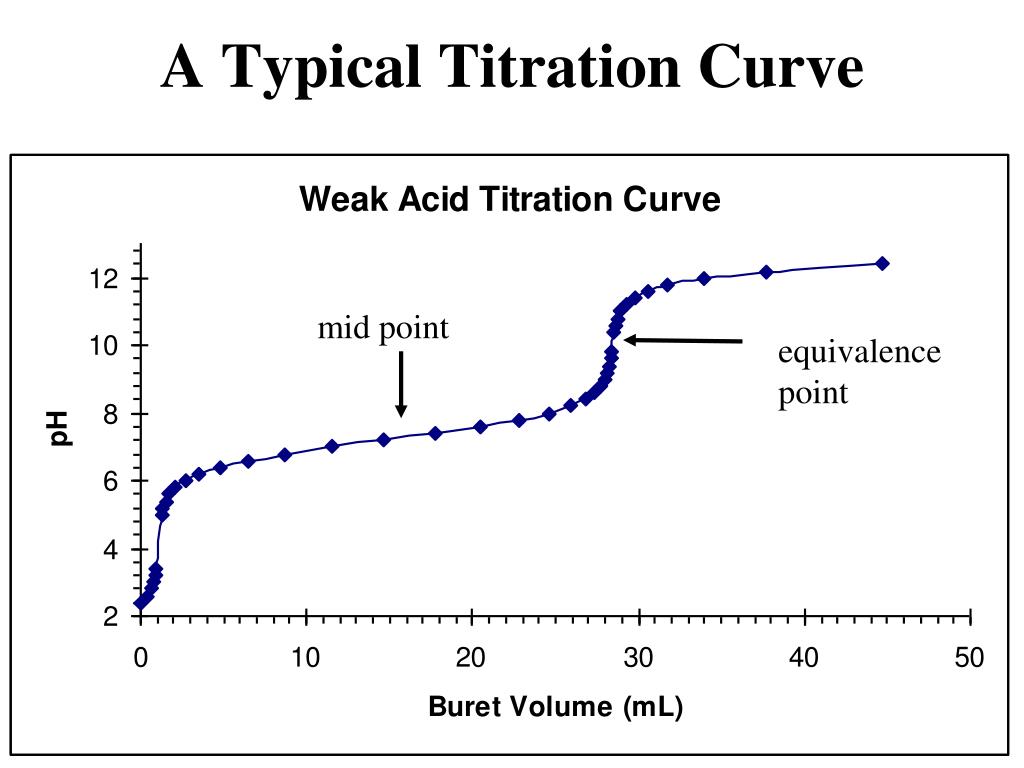Alcohol Turns into Sugar? The Dirty Truth About Your Favorite Poison.

Ever wondered what happens to that glass of wine or pint of beer after you consume it? You might be surprised to learn that alcohol turns into sugar—or rather, it’s metabolized in a way that impacts your blood sugar levels. But that’s just the tip of the iceberg. Alcohol’s journey through your body is far more complex and, frankly, dirtier than you’d expect. Let’s dive into the science, health implications, and myths surrounding your favorite poison.
How Alcohol Metabolism Works: The Sugar Connection

When you drink alcohol, your liver works overtime to break it down. The process starts with an enzyme called alcohol dehydrogenase, which converts alcohol into acetaldehyde, a toxic substance. From there, acetaldehyde is transformed into acetic acid, which your body can use for energy. But here’s the kicker: during this process, alcohol prioritizes metabolism over other nutrients, including sugar. This means carbohydrates and sugars you’ve consumed are more likely to be stored as fat because your body is busy processing alcohol.
💡 Note: Alcohol doesn’t directly "turn into sugar," but its metabolism can lead to blood sugar spikes and crashes, especially in excessive amounts.
The Hidden Sugars in Alcoholic Drinks

Many alcoholic beverages are loaded with added sugars, contributing to their calorie content. For instance, a single margarita can contain up to 30 grams of sugar, while a pint of craft beer might have 20 grams or more. These hidden sugars, combined with alcohol’s impact on metabolism, make it a double-edged sword for those watching their sugar intake.
High-Sugar Alcoholic Drinks to Watch Out For:
- Cocktails: Margaritas, daiquiris, and mojitos.
- Sweet Wines: Moscato, riesling, and dessert wines.
- Ciders: Many commercial ciders are packed with added sugars.
Alcohol and Blood Sugar: A Dangerous Dance

While alcohol itself doesn’t contain sugar, it can cause blood sugar fluctuations. Initially, alcohol can lower blood sugar levels because it interferes with glucose production in the liver. However, this effect is often followed by a rebound spike, especially if you’re drinking sugary mixers. For diabetics or those with insulin resistance, this rollercoaster can be particularly dangerous.
⚠️ Note: Always monitor your blood sugar levels if you’re drinking, especially if you have diabetes.
The Dirty Truth: Alcohol’s Impact on Your Health

Beyond the sugar connection, alcohol’s effects on your body are far-reaching. It’s a known toxin that can damage your liver, disrupt sleep, weaken your immune system, and increase the risk of chronic diseases like cancer and heart disease. Plus, its calorie density can contribute to weight gain, especially when paired with high-sugar mixers.
Health Risks of Excessive Alcohol Consumption:
- Liver Disease: Cirrhosis and fatty liver.
- Weight Gain: Empty calories and disrupted metabolism.
- Mental Health: Increased anxiety and depression.
Making Smarter Choices: Low-Sugar Alcohol Options

If you’re determined to enjoy a drink without the sugar overload, opt for low-sugar alternatives. Spirits like vodka, gin, or tequila (neat or with soda water) are lower in calories and sugar compared to cocktails or beer. Pairing them with sugar-free mixers can further reduce their impact on your blood sugar.
Low-Sugar Drink Ideas:
- Vodka Soda: Add a splash of lime for flavor.
- Gin and Tonic (Diet): Use diet tonic water.
- Red Wine: Choose dry varieties with minimal residual sugar.
Final Thoughts: Sip Smart, Not Sorry
Alcohol’s relationship with sugar is more nuanced than you might think. While it doesn’t directly turn into sugar, its metabolism and hidden sugars in drinks can wreak havoc on your health. By understanding these connections and making informed choices, you can enjoy alcohol without letting it become your poison.
Does alcohol directly turn into sugar in the body?
+No, alcohol doesn't directly turn into sugar. However, its metabolism can disrupt blood sugar levels and lead to spikes or crashes.
Which alcoholic drinks are lowest in sugar?
+Spirits like vodka, gin, and tequila (neat or with soda water) are typically low in sugar. Dry wines and light beers are also better options.
Can alcohol cause weight gain due to sugar?
+Yes, alcohol is high in calories, and many drinks contain added sugars. Plus, alcohol prioritizes its own metabolism, leading to fat storage from other nutrients.
Related Keywords: alcohol and sugar, alcohol metabolism, low-sugar alcohol, health risks of alcohol, blood sugar and alcohol, hidden sugars in drinks, healthy drinking options.
